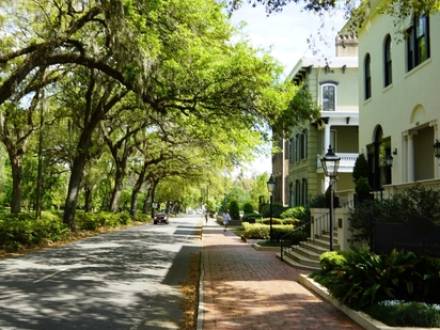Hidden Risks of Illinois Historic Homes for Buyers
 Although there is no single, definitive number for the total number of homes in Illinois designated as historic, there are thousands listed in the National Register of Historic Places. Many more are recognized through local designations and historic districts, such as the River Forest Historic District, which has approximately 860 properties.
Although there is no single, definitive number for the total number of homes in Illinois designated as historic, there are thousands listed in the National Register of Historic Places. Many more are recognized through local designations and historic districts, such as the River Forest Historic District, which has approximately 860 properties.
Individual communities and municipalities can designate local historic properties and districts that may not be listed on the National Register, and nonprofit Historic Preservation Societies advocate for and protect historic properties at the state and local levels. Historic homes offer character, charm, and a connection to the past.
However, even the savviest home buyer may be surprised to discover the hidden legal and financial risks behind antique woodwork and original stained glass. Before you fall in love with a historic property, it is important to fully understand the risk vs. reward.
You could face higher maintenance costs, certain restrictions, and complex approval processes that can turn your dream home into a financial headache. Consulting with a knowledgeable Cook County, IL real estate attorney can help you know exactly what you are getting into with a historic home.
What Roadblocks Could You Encounter After Purchasing a Historic Property?
Being aware of the potential pitfalls associated with historic properties means you know what to expect, and therefore, you are less likely to encounter unpleasant surprises. Some of the most common problems with historic properties include:
Renovation and Remodeling Restrictions for Historic Homes in Illinois
Any restrictions on renovations for a historic home will depend on the property’s designation. If the property is listed in the National Register of Historic Places, there are generally no federal restrictions for private owners. Local ordinances, Historic Preservation laws, or the use of federal funds may come with restrictions, especially for exterior alterations of windows, shutters, siding, and roofing, as well as making additions to the home.
Surprising Costs Related to Historic Homes
Outdated systems, hidden structural problems, and the use of specialized materials and labor for repairs can all add to the cost of a historic home renovation. Older homes often contain galvanized pipes, which corrode from the inside. In some homes, lead water lines may also be present, requiring an expensive, full-system replacement.
Rewiring an older home with outdated electrical panels, ungrounded outlets, or dangerous knob-and-tube wiring. Historic homes may lack central heating and cooling, or have old, inefficient systems. Upgrading these systems can cost thousands of dollars. Foundation damage is also common in older homes, along with the potential for the presence of asbestos and lead paint, as well as water and mold damage.
Tax Incentives vs. Financial Burdens Associated with Historic Homes
For income-producing properties such as rentals, the government offers a 20 percent tax credit on qualified rehabilitation expenses for certified historic structures (Historic Rehabilitation Tax Credit). Some states offer their own historic tax credit programs, which can be combined with federal credits, and some local governments offer abatements that freeze a property’s assessed value for a specified period of time. The financial burdens include higher costs for maintenance and repairs, constant upkeep, specialized labor and materials, unexpected problems, structural surprises, outdated systems, and potentially hazardous materials.
Insurance and Lending Issues for Historic Properties
The cost to insure a historic home is typically higher than for a modern home due to increased risks and the high costs of repairs, which often require specialized, expensive materials. Some insurance companies may offer coverage only with significant limitations. Appraising a historic home can be challenging due to a lack of comparable properties. In many cases, the cost to rebuild a historic home exceeds its current market value, resulting in limited financing options.
Contact a DuPage County, IL Real Estate Lawyer
Buying a historic home can be highly rewarding, but it also comes with a fair share of risk. A knowledgeable Cook County, IL residential real estate attorney from Whitacre & Stefanczuk LTD can review preservation ordinances, contracts, and disclosure requirements so you know exactly what you are purchasing.
You can expect our attorneys to treat you like family. We are very communicative and want to ensure you feel comfortable. We are active in the Polish community, and attorney Stefanczuk is first-generation Polish and speaks Polish fluently. Call 773-622-6100 to schedule your free consultation.






